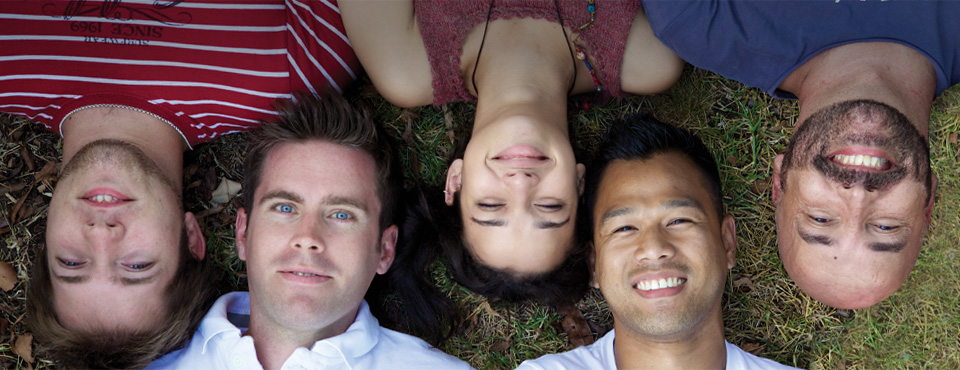Fact or Fiction
Myth I can’t tell anyone.
Reality If you feel uncomfortable telling people you have HIV, you can talk to your doctor or a peer support worker or counsellor at your local HIV organisation. They can provide support and also help you work out who to tell and how to tell them. You don’t have to tell people immediately. In fact, it’s advisable not to rush out and tell lots of people straight away, although you may want to tell family or friends.
Myth I will infect people I love.
Reality Just because you have HIV does not mean you will infect anyone. HIV is not passed on by hugging, kissing, coughing, touching, or sharing cups or cutlery. HIV is passed on through unprotected sex or sharing injecting equipment, so if you practise safe sex and don’t share needles you will not put loved ones at risk. Having an ‘undetectable viral load’ can also substantially reduce infection risk. HIV can be passed on from mother to child through pregnancy, at delivery or through breastfeeding but there are a range of interventions to prevent transmission. Mother-to-child transmission in Australia is rare.
Myth Nobody will want to have sex with me again.
Reality HIV-positive people can have a full and active sex life, and many do. Being HIV positive does not mean your partner or a potential partner will automatically reject you. In fact many people report that when they disclosed their HIV status, they received support and found a greater level of intimacy in their relationship.
Myth I’ll never be able to have children.
Reality Many HIV-positive women and a growing number of HIV-positive men have decided to have children. There are numerous ways to greatly reduce risk of transmission from parent to child. These days, when properly managed, it is entirely possible to have children that are free of HIV.
Myth HIV is a death sentence.
Reality Most people diagnosed today can expect a similar life expectancy to non-infected peers. Given enormous improvements in HIV treatments, many people with HIV live long, healthy, productive lives.
Myth HIV is a gay disease.
Reality HIV does not discriminate. Although approximately two thirds of diagnoses in Australia each year are among gay men, the other diagnoses are among people who have been infected through heterosexual sex or (less often) injecting drug use. HIV affects people from all genders and cultural backgrounds.
Myth HIV only affects people in the city.
Reality There are people living with HIV all over Australia – in cities, small towns and rural communities.



